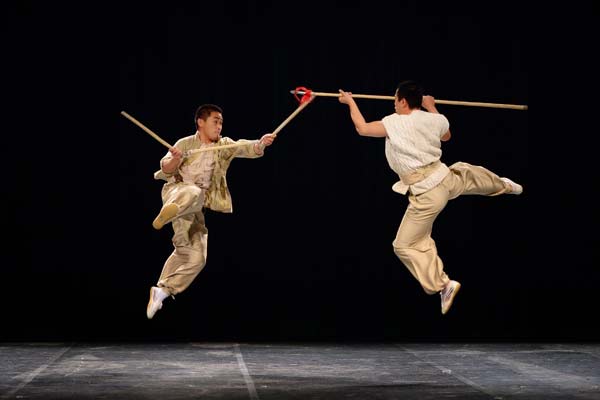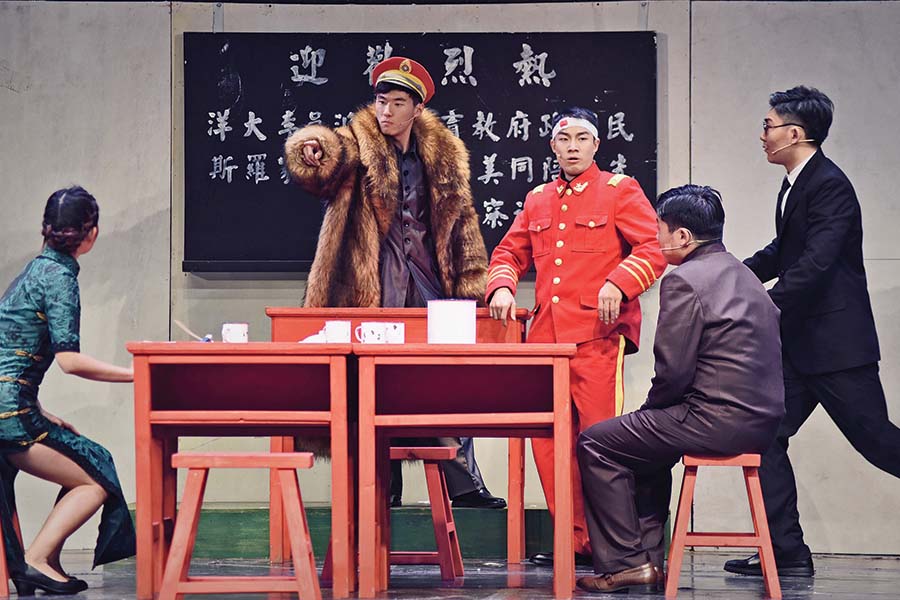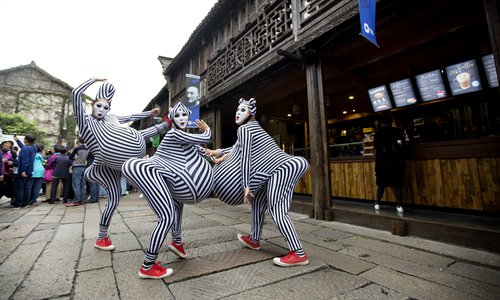CALL FOR PRESENTATIONS: Adaptation, Translation and Acculturation in Asian Theatre and Dance
A Symposium at the Centre for Asian Theatre and Dance, Royal Holloway, University of London, 25 May 2018
Adaptation, and parallel adaptive acts such as translation (Jakobson 2000) and acculturation, are the foundation blocks for intercultural and cross-cultural projects (Chan 2012), but also have agency in developing national multicultural narratives (Leong 2014). As Chan highlights, ‘adaptations serve as carriers of cultural subjects and formations’ (2014: 412). Inevitably, acts of intercultural and cross-cultural adaptation are bound to the cultural-political sphere, to post-colonial and neo-colonial histories. Yet, they are as much a product of the personal and the national, as they are the communal and the global. Translation happens not only between texts but also within performance, articulating the commensurability or lack of understanding among actors representing contrasting world views (Lindsay 2007). Continue reading






